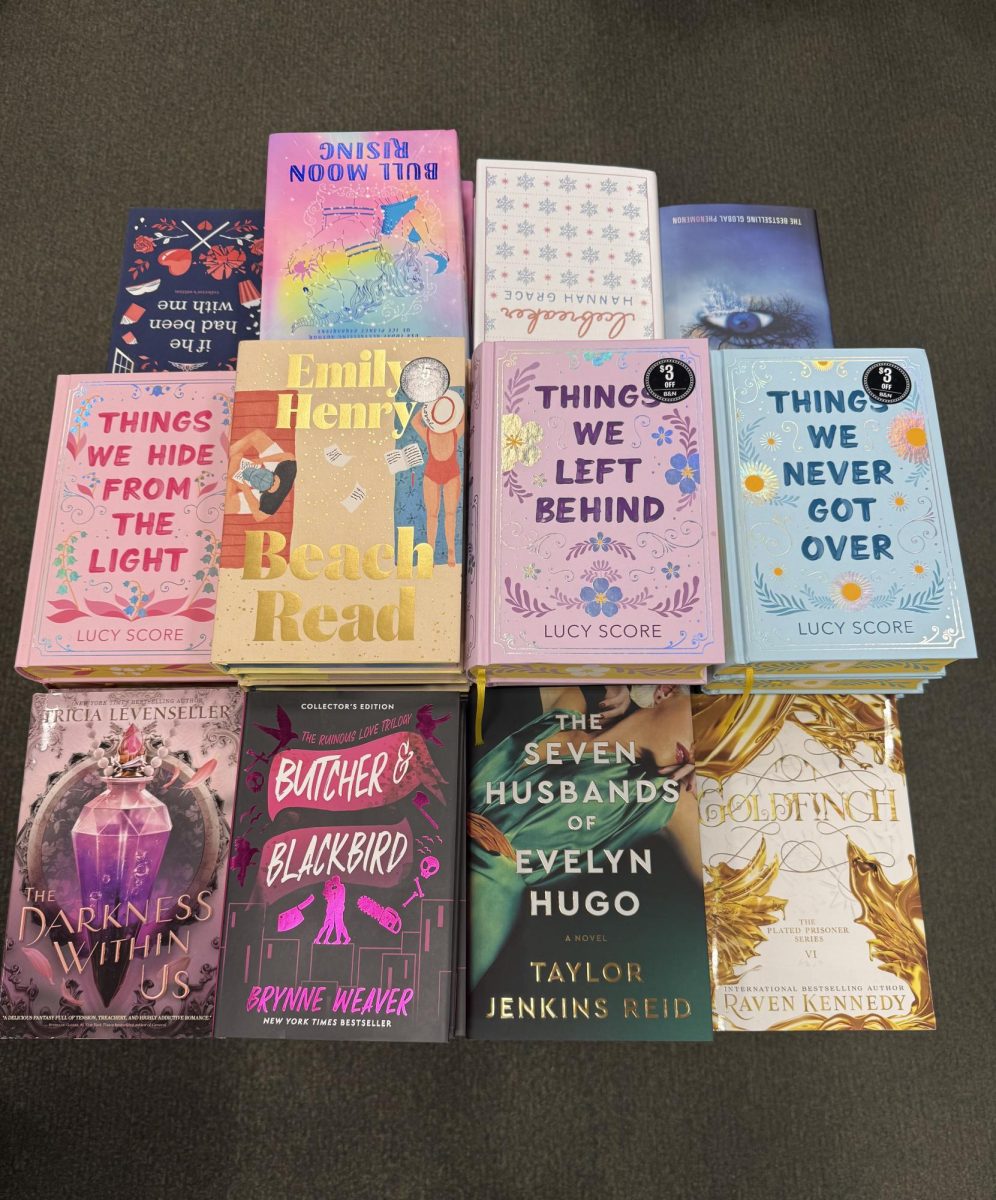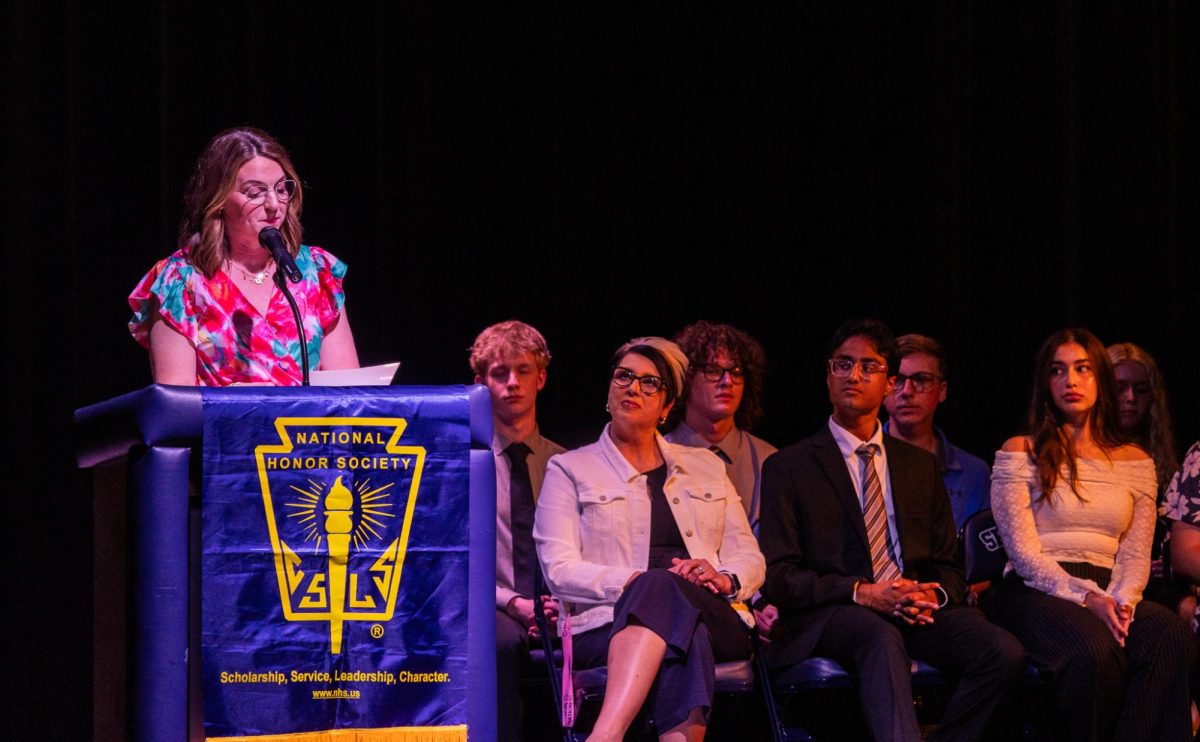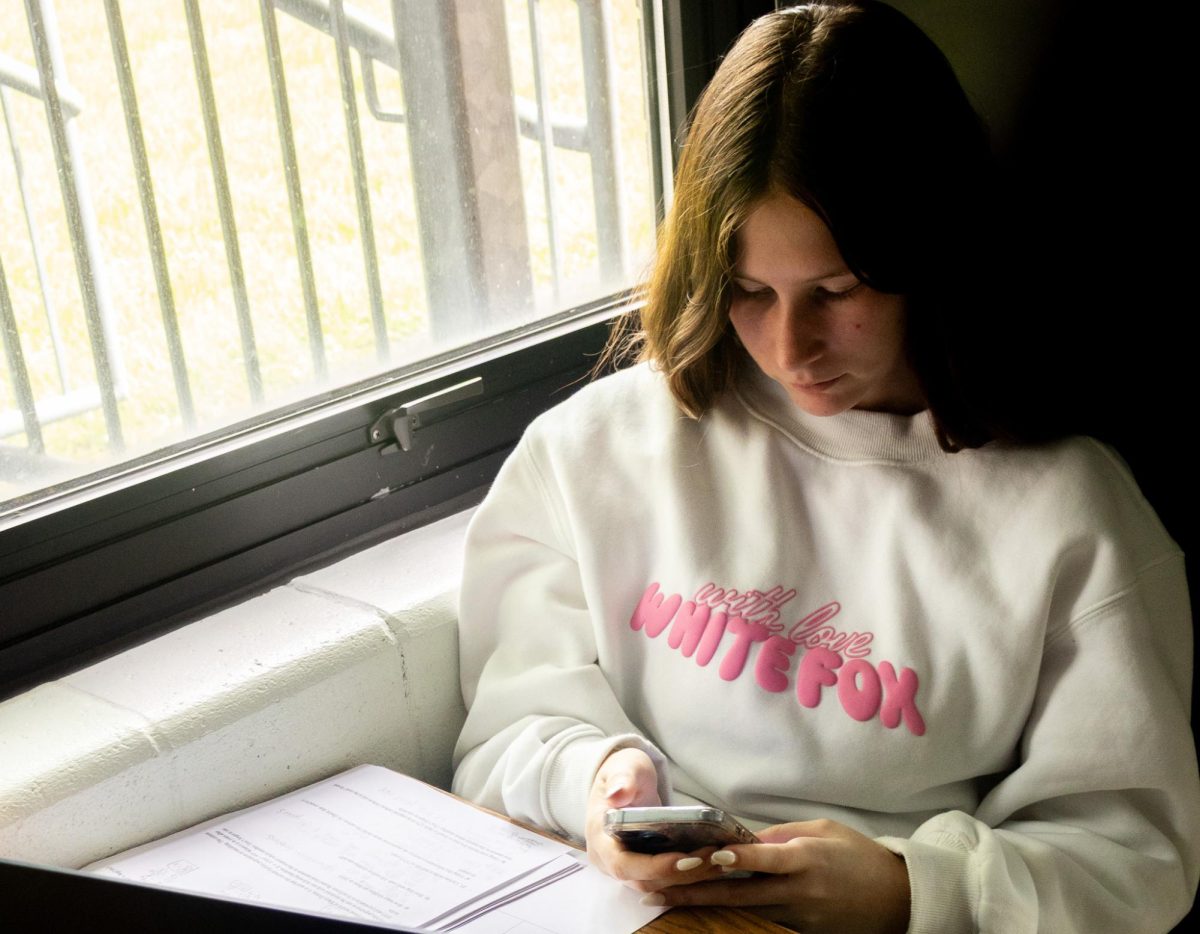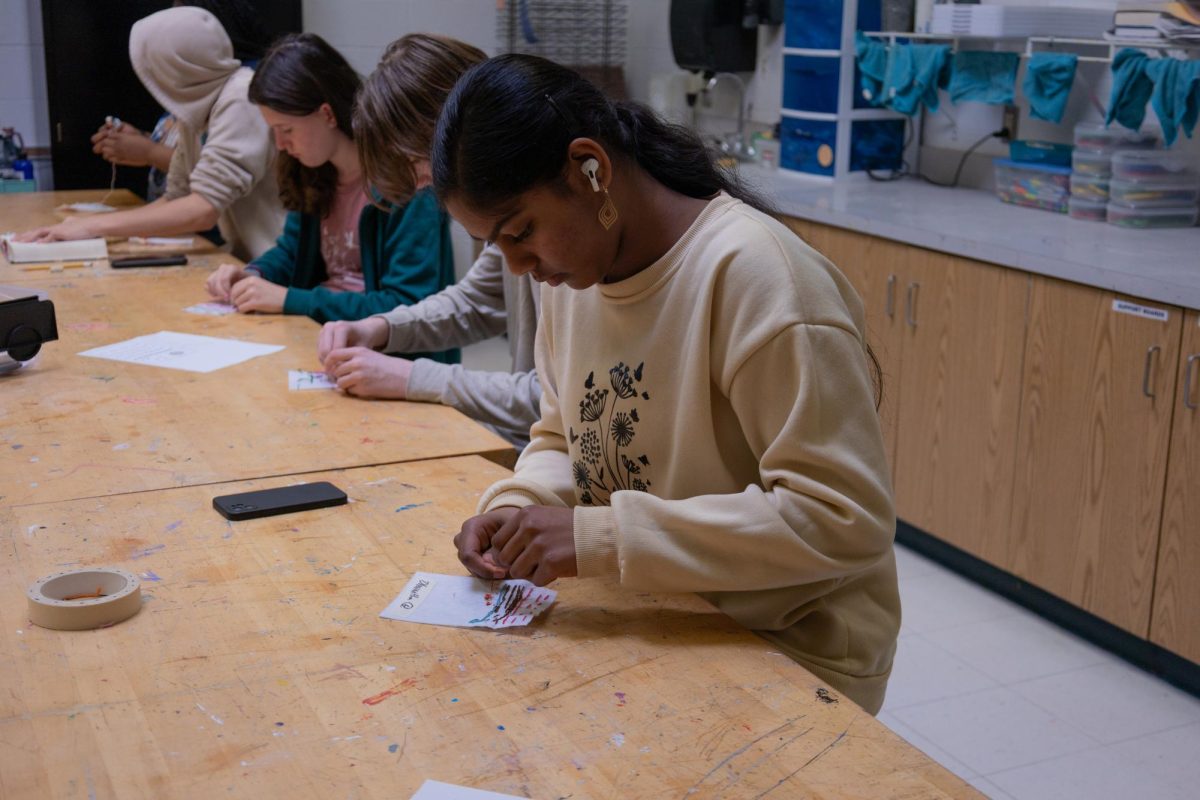TikTok is a platform for a ton of communities. Just about anything that anyone could be interested in has a community on TikTok, and while this is obviously a great thing, a certain community has been the center of online criticism and concern as of late. “BookTok,” a community of lively literature lovers, is a large community on TikTok, and a larger topic of controversy amongst people online.
A main concern for many people is the type of writing that BookTok’s algorithm pushes. Readers of BookTok are often presented with works that have questionable material. A common occurrence in a lot of the books that people showcase on BookTok is smut, or written pornography. Many BookTok creators will display a “spiciness meter” to encourage people to read some of these books.
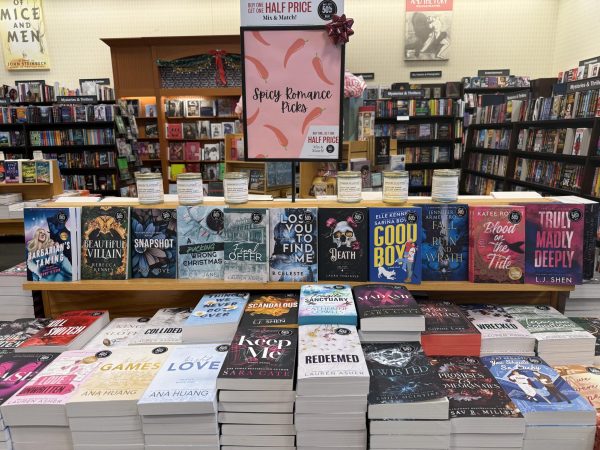
On paper, nothing is really wrong with this, however, a problem arises when the content of these books isn’t entirely obvious, as AP Literature teacher Sara LaRue points out.
“I don’t always think that some people want to read that, and so they’re not always expecting it,” LaRue said. “I do think people need to be aware if there is some sort of content in there that they might not want to read. That should not be hidden from them until they get to that part of the book.”
This is an especially pressing issue because of the audience that TikTok has. The main user base of the platform are kids, teens and young adults — people who really shouldn’t be exposed to this type of content, especially with how graphic the depictions of sexual content can be.
Another common criticism about BookTok from people who are invested in literature is that it turns the love of books into an aesthetic. Some believe that many people who use BookTok only read, (or pretend to read in some cases), to make themselves look or seem more interesting or smart, when in reality they don’t really care for books or reading at all. However, as LaRue points out, that isn’t necessarily the worst thing ever.
“I think if it’s getting people to read… I don’t necessarily see that as a bad thing,” LaRue said. “I don’t think the perception that is tied to a reader matters. If you’re reading at the end of the day, you’re still going through the reading.”
BookTok isn’t a completely negative thing. In fact, BookTok inspires a lot of people to become active readers and to get engaged with literature in a day and age where many people don’t read anymore. Librarian Cassi Flores has seen the effects that this has had on the students here.
“Sometimes I’ll get people who ask me about a book that they want to read. I’ll be like, ‘Where’d you hear about this?’ They’re like, ‘Oh, on Tiktok,’” Flores said. “So I think it is really exciting to be able to advertise…in a unique way and really get people [to] want to read.”




